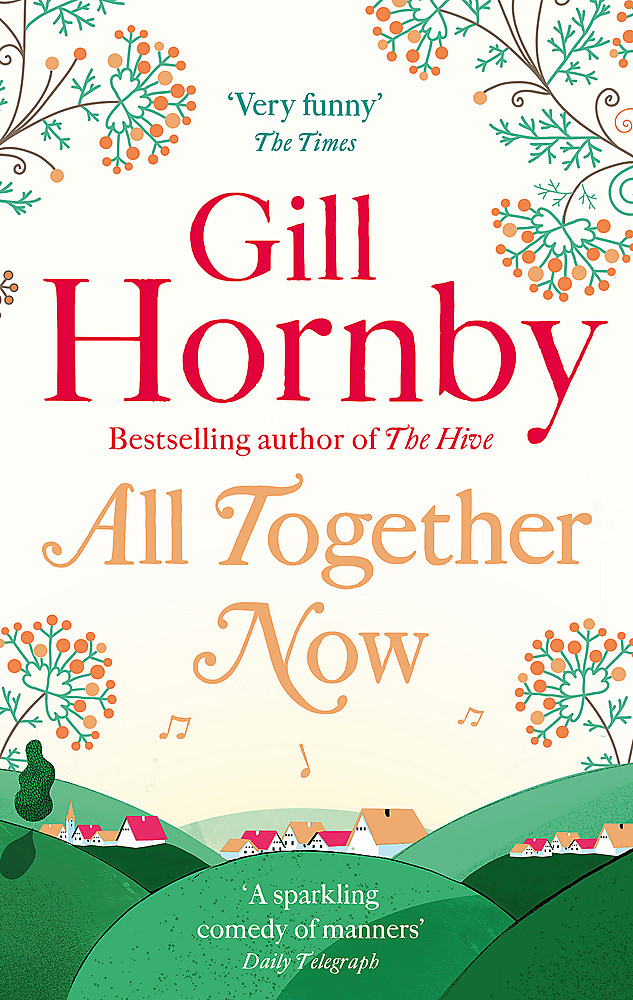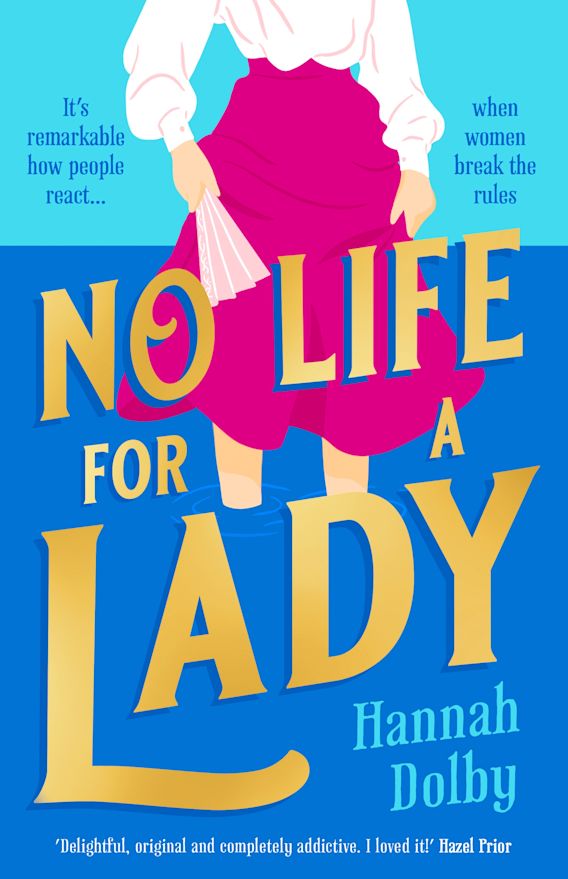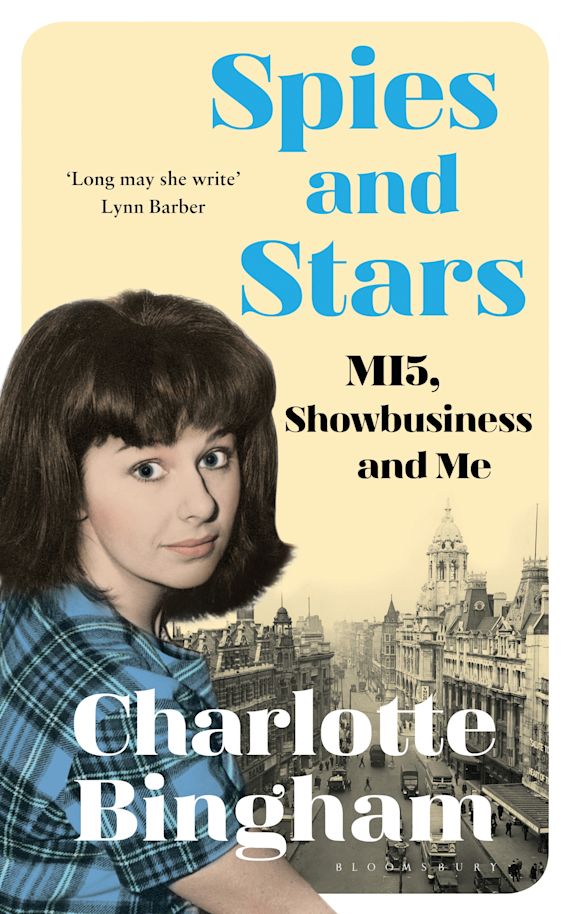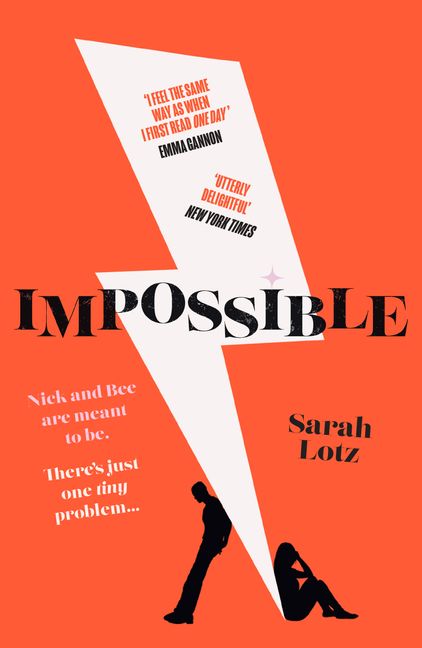
People often expect twins to be alike – even the non-identical ones. But you couldn’t find two brothers more different than David and Marty Belkin, the main characters in Reuven Fenton’s debut novel Goyhood. We meet them during a heatwave in small-town Georgia when they’re twelve, the day that young Marty, soon to become Mayer, has an epiphany.
The boys are doing it tough, living with a mother who frequently absents herself and drinks too much. So it’s not surprising that when Marty is offered a chance to study at an Orthodox Jewish school, or yeshiva, in New York, he jumps at it.
Switch forward thirty odd years and Mayer is still a student of holy scripture, that’s all he has to do, thanks to the generosity of his father-in-law. His marriage to Sarah is not a happy one, weighed down by difficulties in conceiving a child. Things are all set to change again for Mayer when he gets the news that his mother has died. He will have to sit shiva for her and he’ll see his twin brother again for the first time in decades.
David has had a completely different life to Mayer, having to learn the lessons of life the hard way. There have been a lot of drugs and career misfires, but now he’s made his fortune in the e-cigarette market and turns up to collect Mayer at the airport looking the essence of prosperity. The two hardly recognise each other. A letter written shortly before their mother’s death reveals the bombshell that the boys aren’t technically Jewish which throws Mayer into a spin. With the help of their old rabbi, Yossi, he’ll have the chance to remedy that situation, in a week’s time.
But David’s still a wild boy at heart and persuades his twin to travel to New York with him for the appointment for his ‘conversion’ in a muscle car he nicknames Daisy. They take their mother’s ashes with them, the plan being to scatter them somewhere she would enjoy, and along the way collect an unappealing dog, but not Mayer’s luggage, which has not arrived with him at the airport. David has plans that Mayer should enjoy his week of ‘goyhood’ and live a little, while Mayer is like a rabbit caught in the headlights.
“And due to an unprecedented turn of events, we find ourselves facing an entire week with empty schedules.”
“You’re talking about a vacation,” Mayer said.
“A rehabilitation period to wrap our heads around the existential vortex we’ve fallen into.”
“A vacation.”
“A pilgrimage.”
“I don’t need a vacation. I don’t want to wrap my head around this. If it were up to me, I’d spend the week in a medically induced coma.”
“Listen, Ese, if there’s one thing I’ve learned, it’s when the going gets tough, the tough get in the car and drive.”
The story builds in tension as Mayer is pulled in different directions – his sense that he must live according to religious principals constantly under fire. As Mayer struggles to rein his brother in, Sarah is continually on the phone about his luggage and her sudden plans to join him at his mother’s house. She would be appalled by what Marty has been up to with David and all this adds brilliantly to the story’s humour.
Meanwhile there is plenty of temptation on offer to a man who has never been tried before, particularly when the two hit New Orleans and David offers a ride to Charlayne, an attractive acquaintance of his who is about to walk the Appalachian Trail. David is the sort who lives for the moment and acts on impulse, so the road trip takes some unexpected turns.
Fenton piles on one madcap scene after another, putting our characters through their paces, and even allowing the dog, Popeye, a moment of glory. Intermingled with all this is some deep soul-searching – by the end of the book, the reader has an inkling that change is in the air for Mayer, and possibly for David as well.
It all adds up to an entertaining, feel-good read enhanced by lively dialogue as the characters bounce off each other. The writing is polished and witty and the story never lags for a moment. I enjoyed it immensely and will be keen to read more by this author. Due for release on 28 May, Goyhood is a four-star read from me..








